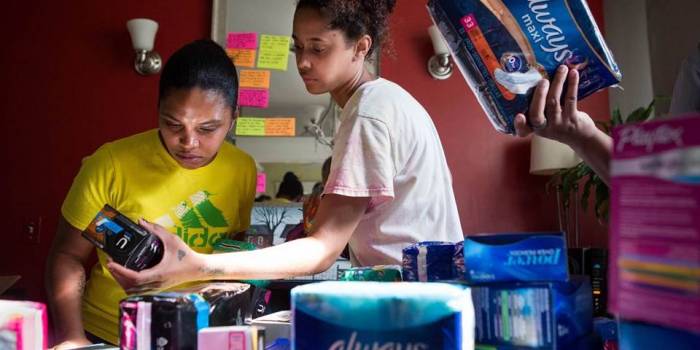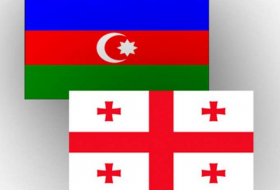Menstruation is as natural as a heartbeat. And yet, for the world’s most vulnerable women – including refugees, the homeless, adolescents, and those displaced by emergencies – the period can be a distressing, even dangerous, experience.
In many societies, a woman’s period is a topic shrouded in euphemism and secrecy, owing to communal beliefs that can leave girls and women feeling embarrassed, isolated and insecure. When this is combined with lack of access to sanitary products, or to safe, private places to use them, the results can be socially and emotionally devastating.
Difficulties managing menstruation can negatively affect one’s ability to work or attend school, aggravating women’s and girls’ anxiety, stress, and fear. Unsafe menstrual practices also give rise to serious health risks. In parts of Sub-Saharan Africa and South Asia, for example, women and girls are often forced to use ineffective and unhygienic means of protection such as mud, leaves, or dung, which increases the risk of infection.
Clearly, women and girls need easy access to an adequate supply of materials to catch or absorb menstrual blood. They also need safe, private locations to wash themselves and dispose of waste. Furthermore, girls need accurate information about menstruation to understand what is happening to them and to develop strategies for hygienically managing their period. This is true in rich and poor countries alike.
Fortunately, activists, charities, and academics are beginning to address these global needs. For example, Bloody Good Period, founded by one of us, was established to help refugees and asylum-seekers in the United Kingdom access free feminine-hygiene products. Before the organization’s creation, these items were not routinely made available to those who needed them; so-called period poverty – the financial hardship that comes from paying for clean menstrual supplies – is a serious problem in the UK and beyond.
Today, Bloody Good Period donates sanitary products – including pads and tampons, as well as diapers and toiletries – to more than a dozen UK resource centers for asylum-seekers every month. The organization also supplies deodorant and toothbrushes to men, who often pick up pads for family members. As one asylum-seeker in Leeds recently put it, the program has changed her life; prior to accessing free materials at a drop-in center, she was too afraid of leakage to sit on her couch while menstruating.
And yet, despite progress in helping some women, many more continue to suffer this particular injustice. Menstrual hygiene is essential to a woman’s health, education, mobility, and security, and therefore must be viewed as a basic human right. To uphold this right, three tasks demand urgent attention.
For starters, we must empower women and girls to make informed choices about their bodies. Menstruation is not a one-dimensional problem; women living in vulnerable situations have unique needs. Human development strategies must therefore focus on reaching as many women and girls as possible, and deliver products and solutions that enable management of periods in a secure, comfortable, individualized way.
Next, we must increase awareness and improve education about the menstrual process. By helping girls understand and talk openly about their cycles, it is possible to break down taboos associated with menstruation and improve hygiene practices in the process. Research shows that many girls around the world – and especially those in the Global South – are simply not prepared for menarche; education can help.
Finally, we need solutions that are based on facts. Too often, biased assumptions guide policymaking. When programs are developed in conjunction with rigorous research, the effect can be dramatic. For example, a joint SOAS-Oxford study on menstruation in Uganda found that adolescent girls often missed school because they didn’t have access to clean sanitary products. But when reusable sanitary pads and education about menstruation were provided to girls in eight schools, attendance rose by an average of 17%.
The global-health community must work together to address the menstrual needs of women and girls everywhere; there is no single solution to this global problem. But the silence surrounding the natural process of menstruation must be broken, so that women and girls can obtain the sanitary products they need at affordable prices.
Catherine Dolan is a reader in anthropology at SOAS, University of London.
Julie Hennegan is a postdoctoral fellow at the Johns Hopkins Bloomberg School of Public Health.
Gabby Edlin is CEO and founder of Bloody Good Period.
Read the original article on project-syndicate.org.
More about: menstruation
















































